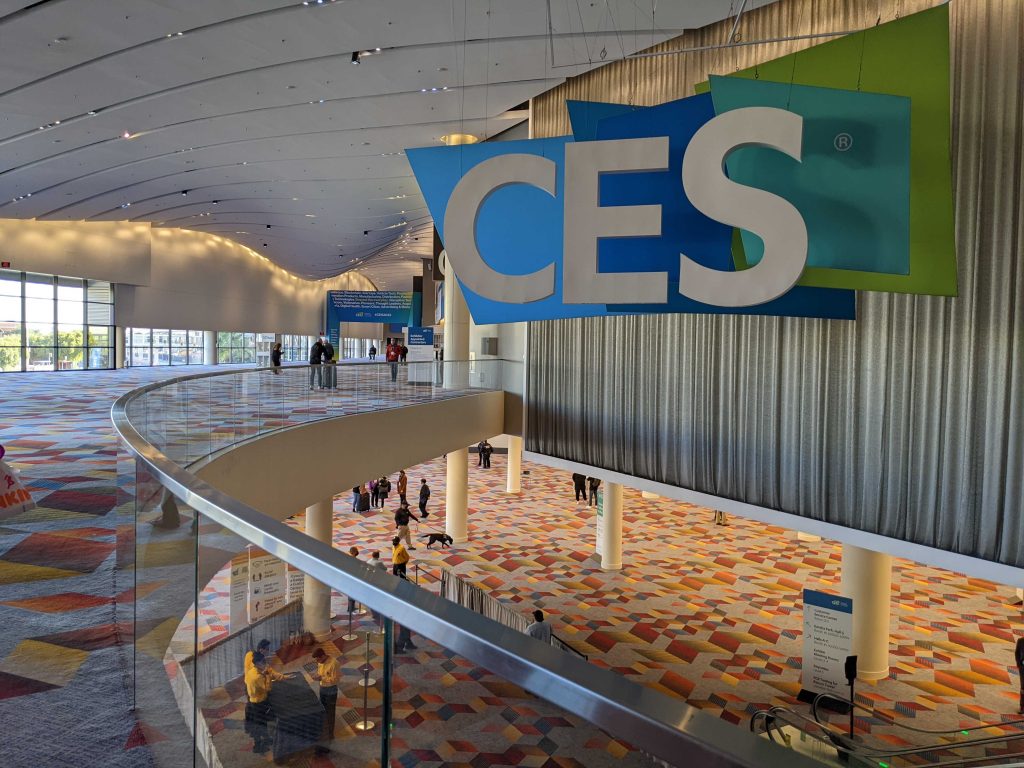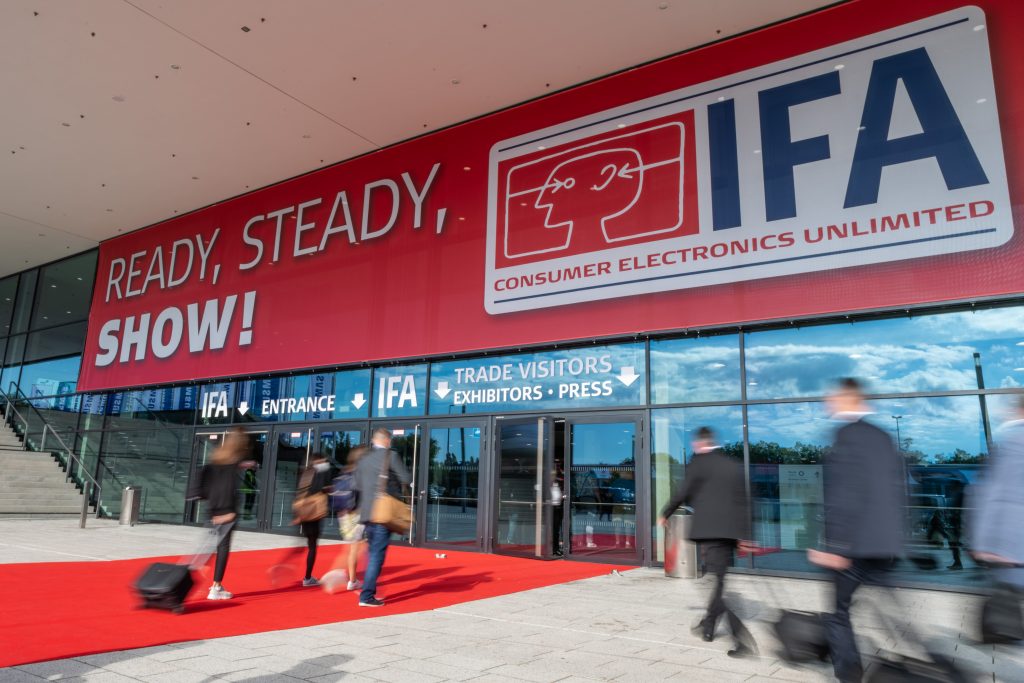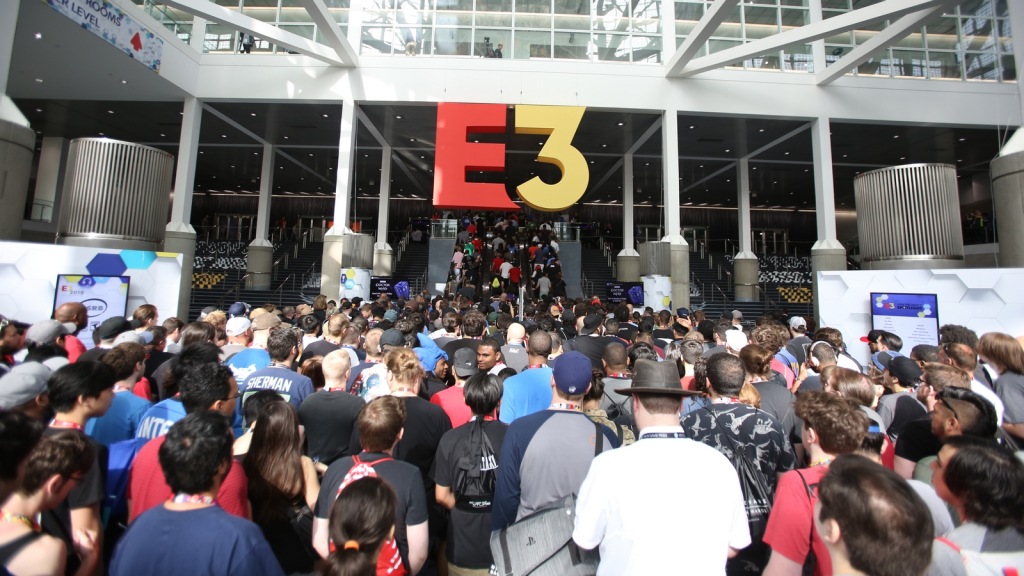“Stockpiling” has gone viral, Corona beer has gone flat, hand gel has become the hottest accessory to come out of Milan fashion week and Megan and Harry are the only ones still going on holiday. So far the 2020 events calendar is looking disappointingly familiar to the departures board at San Francisco Airport with delays and cancellations splattered everywhere.
Big headlines and moaning tweets aside what practical steps, other than washing our hands (which here at Gallium we suggest you maintain indefinitely) can we take to mitigate the impact of cancelled events and stop hard work, opportunities and investments going to waste.
We are in an ever-advancing technological world that is making us more interconnected than ever before.
This not only means we can watch strangers dance on TikTok or FaceTime but crucially businesses are no longer limited to single markets which means our definition of co-workers are increasingly no longer those under the same roof. ‘Remote working’ is a term that didn’t exist all that long ago but now is an everyday concept, in fact telecommuting has grown 115% in the past decade (according to State of Telecommuting) meaning the thought of self-isolation is already less daunting than perhaps just a few months ago.
Let’s utilise the tech we have
Yes, we aren’t robots and often meeting/networking in person is a much more pleasant and worthwhile experience, but social networking sites in the US are currently estimated to be worth $46.0bn so take a look at organising some of those meetings via Zoom, Google Hangouts, Skype or WeChat.
Have a look at your insurance/mitigation plans internally Life is unexpected by definition.
It may be time to consider having a look at your companies formal and informal plans for events as COVID-19 may have stumped you travelling to an event, but so could a random stomach flu or a broken leg. With events such as SXSW and GDC being cancelled brands are needing to reconsider how they drive those partner conversations or media announcements in other ways should disaster hit.
Scale it down a notch
Realistically, certain gadgets and gizmos require some hands-on fun and watching via screen is just not the same. Travelling and large crowds of people are the dangers causing the event cancellations. Why not try going independent and localised. Working with your agency to set up a more small scale or 1-to-1 meetings to showcase products and demos, all you need is a little room and a hand gel dispenser and everyone can stay safe! Plus, not everyone enjoys 10 hour flights for a 5 minute hands on, so you might make some friends by allowing them to stay in their own city. Maybe this could all be an opportunity to force the technology industry to see the capabilities and possibilities in the future of working/events. That and thinking more about whether people actually need to travel for their news or not.
Events cancelled so far:
- IHA (Chicago) – cancelled
- SXSW (Texas) – cancelled
- Book fair (London) – cancelled
- EDCON (Vienna)- cancelled
- MWC (barcelona) – cancelled
- GDC -(san francisco) – Delayed
- Adobe – (now online)
- Paris Blockchain Week (Paris) – Postponed
- F8 (San Jose) – Cancelled
- EmTech Asia (Singapore) – postponed
- Workday (Orlando) – Cancelled
- Google News Initiative Global Summit (California) – cancelled
- ASEAN (Las Vegas) – Delayed
- Shopify (Ottawa) – Cancelled
- Venice Carnival (Venice) – cancelled
- World Athletics Indoor Championships (China) – Delayed
- 007 premiere – delayed




